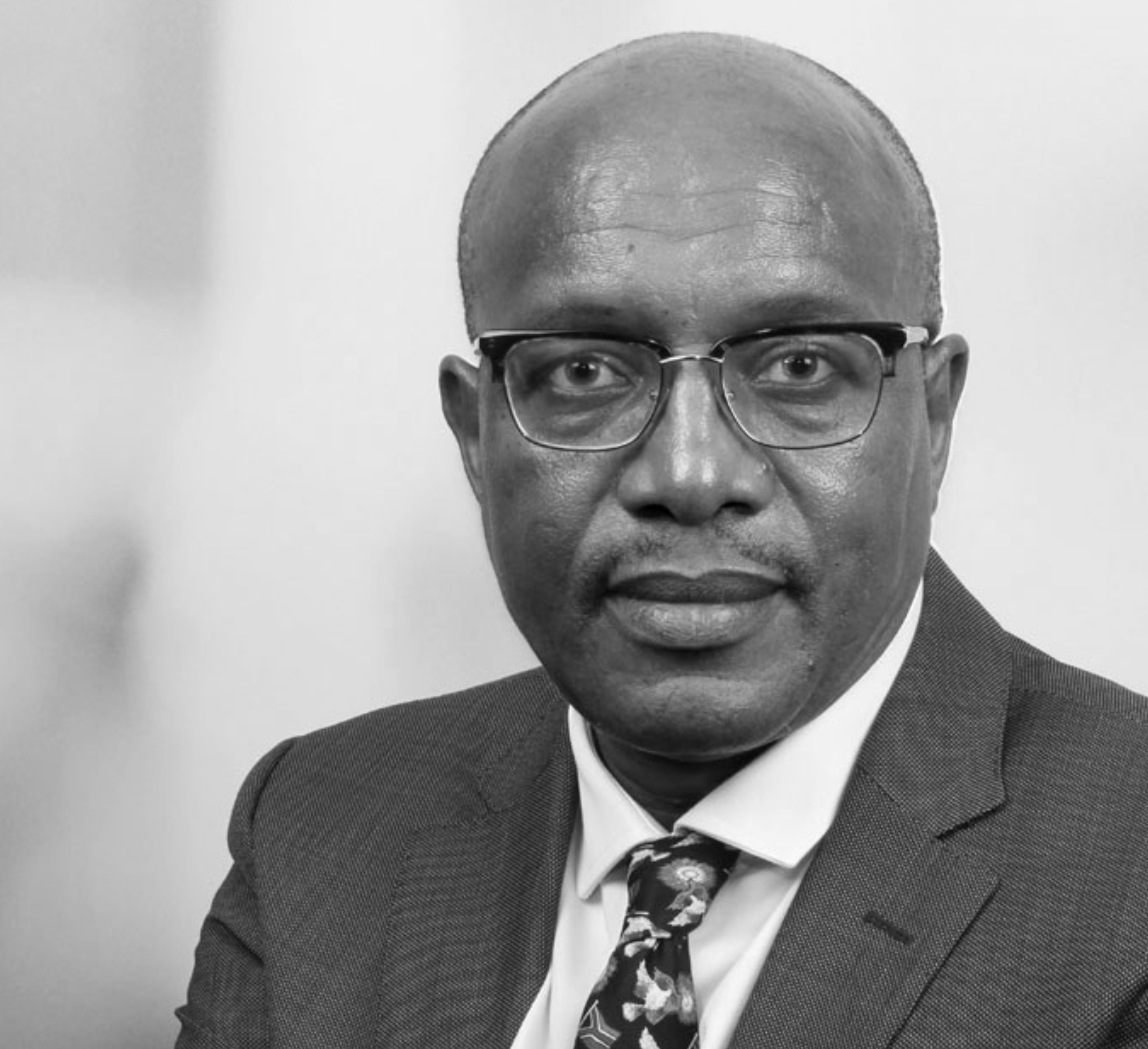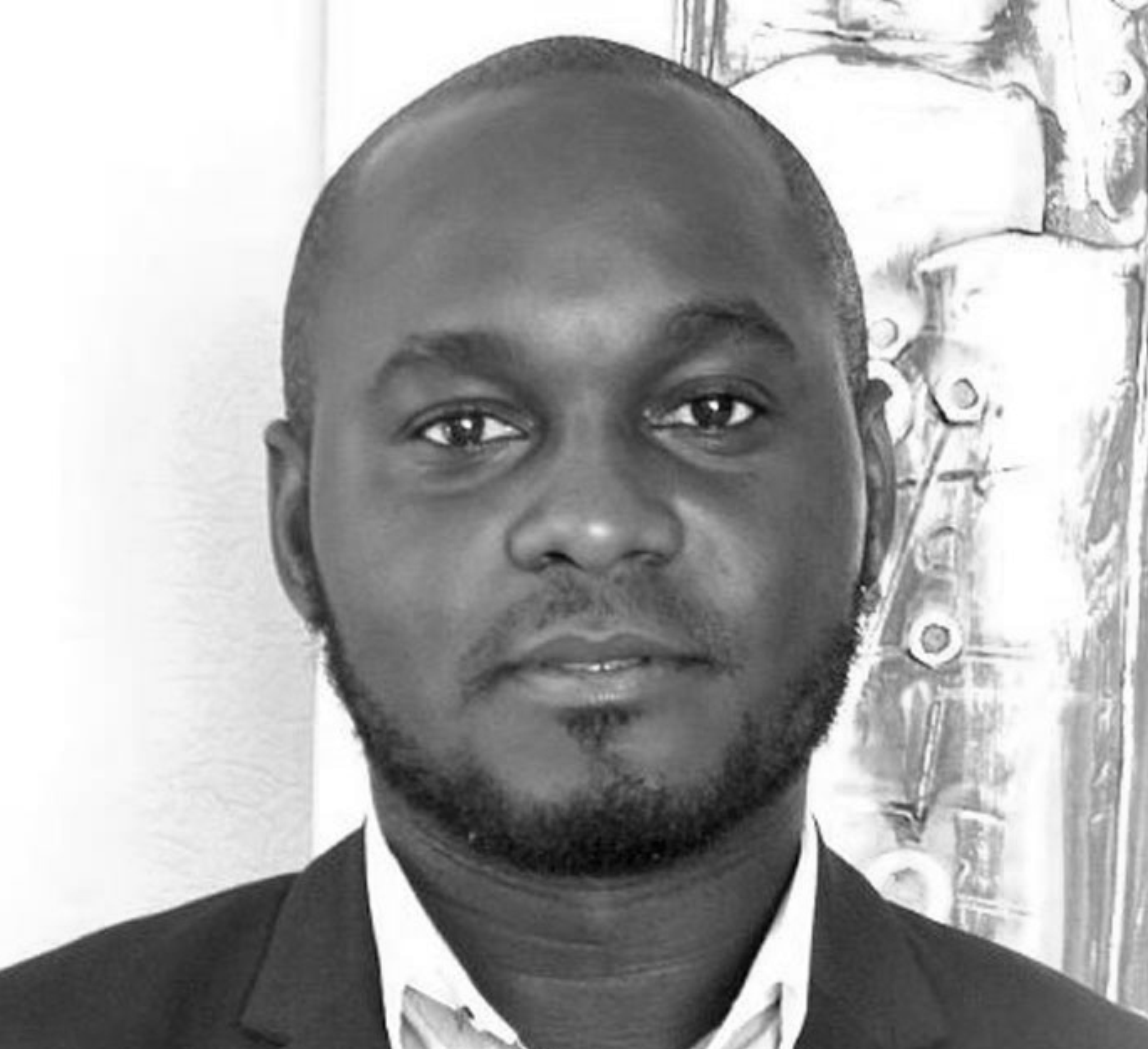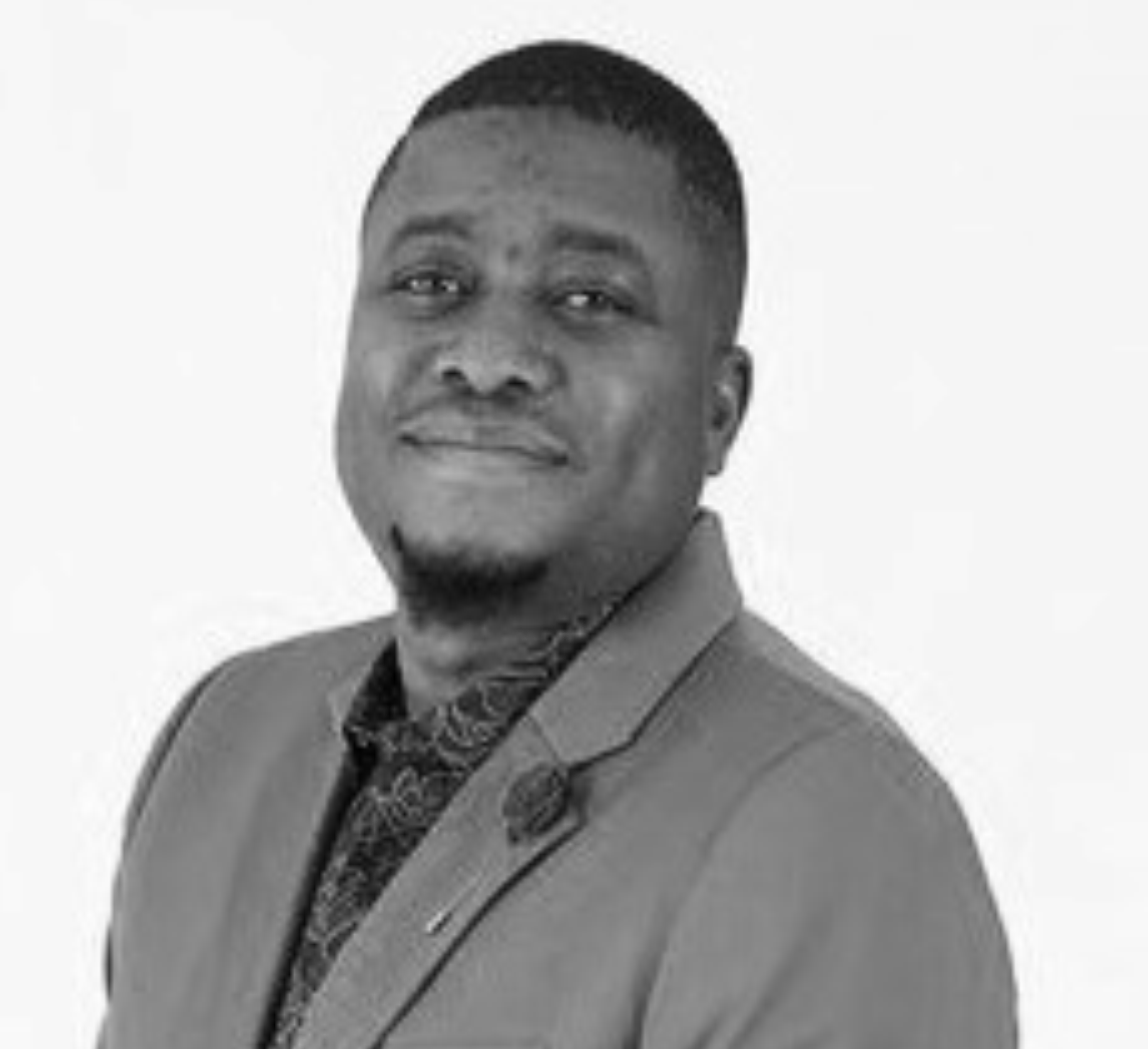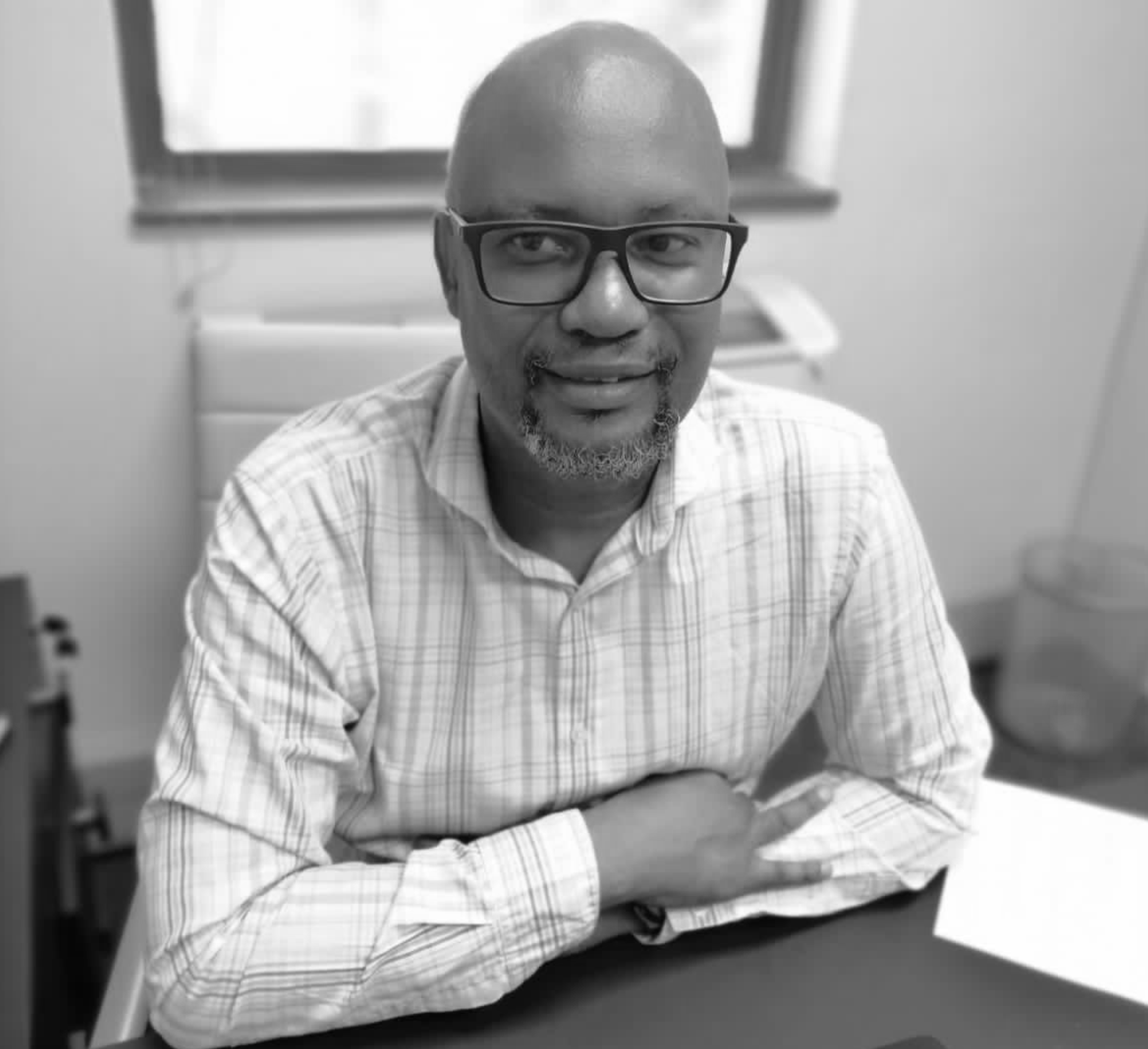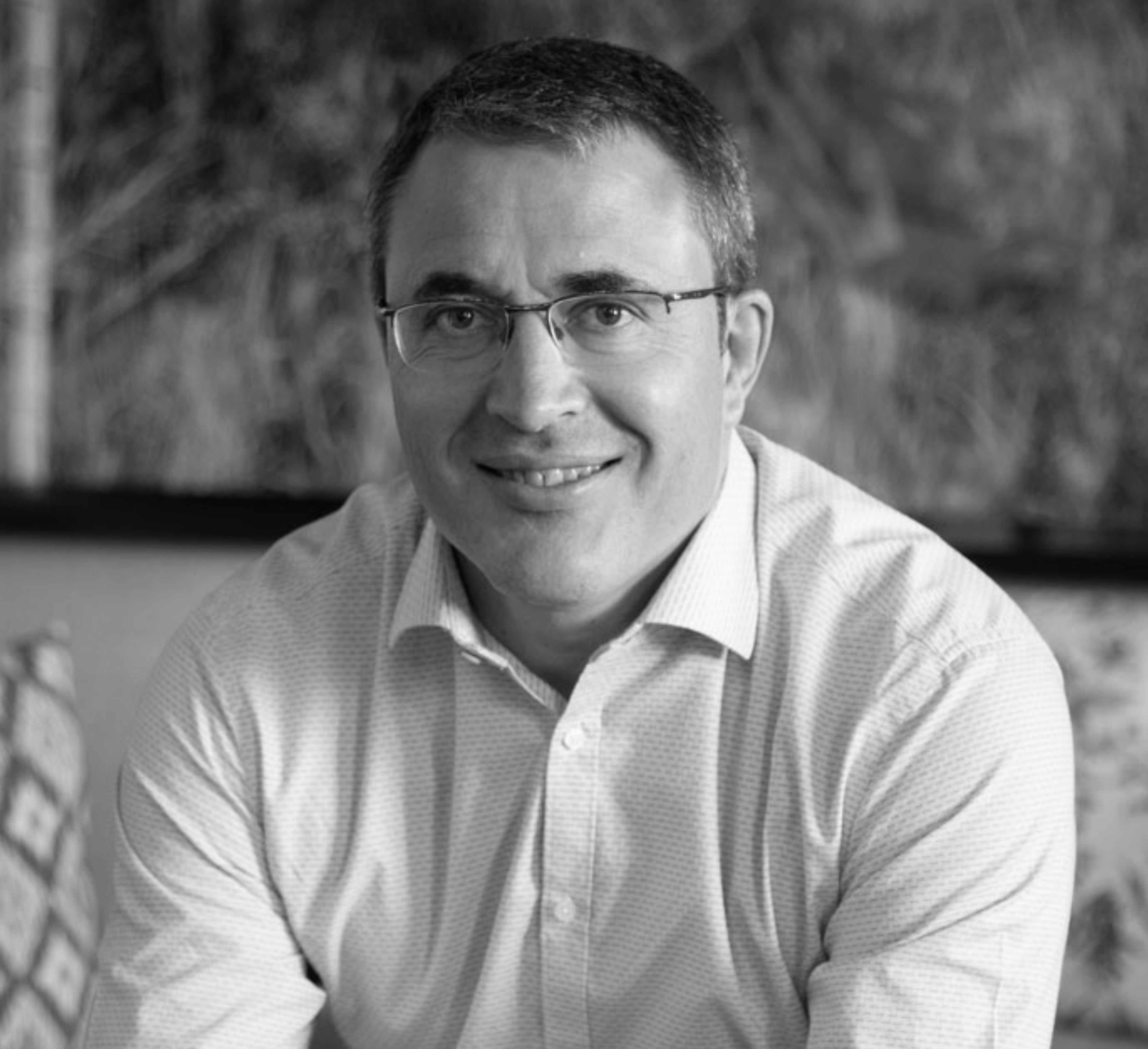125: Ignatius Sehoole
‘I think public trust is key.’
Tasked with turning the proverbial ship around at KPMG, Ignatius Sehoole, is doing so, having replaced senior management and instilled a culture of trust and integrity, the firm has now regained distinguished clients and is the first of the big four to no longer offer non-audit services to audit clients.

CIARAN RYAN: It’s a pleasure to welcome Ignatius Sehoole to CFO Talks, who is CEO of KPMG South Africa, a position he assumed in May 2019. He’s a veteran of the finance sector, with 22 years’ experience in financial services. Among the many hats that he’s worn over the years, he has served as committee chairman for the audit committee of the Public Investment Corporation. He was also chairman of risk and capital management committee for African Bank, and director for the Thuthuka Education Upliftment Fund directors’ committee. We asked Ignatius to join us today to talk about the role of the big four audit firms in creating equal opportunity for South African companies, and we’re delighted to have him on. We’re also joined by Nicolaas van Wyk, who is the CEO of the South African Institute of Business Accountants. Before we get to equal opportunity, Ignatius, there’s a lot of press in South Africa about the big four and their role in enabling state capture and accounting scandals, such as at Steinhoff and Tongaat Hulett. Now, KPMG took very decisive action several years ago, you changed your senior management and it’s a very different firm today. Maybe explain the process you followed to restore KPMG to its core values of trust and professionalism.
IGNATIUS SEHOOLE: It was a very difficult time, but when I joined KPMG, many people were very surprised by the move to say, at this point in KPMD’s life, at this point of your career, why do you want to get involved in a kind of KPMG situation? Now, Nicolaas can tell you, we are die-hard professionals. We love this profession, we grew up in it and we don’t know anything better, but we believe in this profession. We have built this profession and you may or may not know that for about five years running, our profession in South Africa was voted the best in the world by the World Economic Forum, and that did not happen by accident. Yes, we’ve lost it, we’ve fallen significantly, but we’ve done it before, therefore, we can do it again. We know how to rebuild and that’s why I thought instead of complaining and moaning and being on the sidelines, I was quite able to get involved in the profession through KPMG to make sure we rebuild KPMG, but in general, we rebuild the trust in the profession that the profession has lost, the public trust. But I also found when I went to KPMG that it was surprisingly very easy to work with people within KPMG because you go there with preconceived ideas and you find that it’s not like you thought. Everybody was bruised by what the firm had gone through and it was like surreal to lots of people. Therefore, when I got there, the firm was fertile ground for different thinking, and it was very easy for the firm to embrace a different way of thinking. You may or may not know that one of the things that we did at KPMG was to appoint to the KPMG board, independent non-executive directors. An audit firm generally, how it’s governed, the traditional governance of and audit firm is that you have the CEO that forms the EXCO and, generally, the EXCO members are head of audit, head of tax, head of consulting, head of people, head of marketing, head of this, head of this and head of this. That’s what forms your EXCO with the CEO. Then from the remainder of the partners, members of the board are appointed or elected, and those board members are then charged with the responsibility of overseeing the EXCO. Now, just think back a little bit, once the EXCO has been picked, it means every partner in the firm, one way or the other, reports to an EXCO member because there are heads of everything, so every partner in the firm, in one way or the other, reports into a member of EXCO. Then you appoint from those partners and say, you’ve got to oversee the EXCO and hold them accountable. How do you think that’s going to work? Well, such is the model of partnerships and it’s been like that for years. So that was one big departure that we did as KPMG and appointed independent non-executive directors who have nothing to do with the firm, on who’s promotion, who’s earnings or whatever is not dependent on any of the EXCO members. So they come to hold the EXCO and the firm accountable.
‘We are back now doing business with clients that had dropped us.’
CIARAN RYAN: Just talk about how you manage the process with clients as well, because there would have been a loss of trust with clients. So you had to go to them and say, this is what you’re doing. I guess what you’ve just told us now is exactly what you told them.
IGNATIUS SEHOOLE: Yes but we also told them what we were doing on quality, what we were doing on risk management, and how discerning we are now in terms of who we do business, what we’re doing on the culture and what we’re doing on the ethics and integrity front, on the values front. Those are all of the things that we’ve taken them through and given them examples of what we did. They found that very refreshing and very credible, and bit by bit they started giving us the benefit of the doubt and we started getting better market position, and we are back now doing business with clients that had dropped us and that didn’t want to do business with us before.
CIARAN RYAN: Interesting. So have things stabilised, are you on the way up again? Give us an idea of the sense of the business side of KPMG.
IGNATIUS SEHOOLE: Yes, we are on the up now, we are winning again in the market and we are winning some brand-defining clients. We’ve won accounts like Absa. Now, if you remember, as Barclays they were one of the first clients to dump KPMG very publicly during the issues, and they have been sufficiently convinced with the new KPMG that they have now reappointed us. So yes, companies like Absa, companies like Sanlam, like Santam, companies like Tarsus Technology, Adapt IT, Woolworths, and these are just on the audit front. We have other gains on advisory and tax, organisations like BMW, Mr Price, OUTsurance and many other companies. So yes, we are starting to get back some of the market share that we lost, and we are on the up and up. However, what I must emphasise is in terms of rebuilding that public trust, that’s a never-ending process. We continue to work very hard on instilling and cementing a new culture within KPMG that is sensitive to serving public interest that is driven by our values at KPMG. Just for your interest because you might not know, the values that drive us in KPMG are integrity, excellence, courage, together for better. Those are the values that drive us at KPMG and our vision at KPMG is to be the most trusted and trustworthy professional firm. Now, we understand very well that KPMG does not exist out of its people who make up KPMG, that means it requires of us, each and every individual within KPMG to embrace that vision of being the most trusted and trustworthy as an individual. We expect people not only to be trusted and trustworthy between eight and five when they are in the office or when they’re with a client, but even over the weekend, in the evenings, in their private lives, you cannot be trusted sometimes and sometimes not because integrity is not a divisible game, you either have it or you don’t. Therefore, as I always say to everyone at KPMG and everybody who wishes to join KPMG, when you are in KPMG or you join KPMG, you are actually making a lifestyle choice because you are agreeing that whether you are at home or not, as an individual who works for KPMG, you will at all times endeavour to be the most trusted and trustworthy.
CIARAN RYAN: Let me interrupt you there. Nicolaas, I think you’re wanting to jump in there and add something to that.
NICOLAAS VAN WYK: Yes, it’s moving away from the topic about how KPMG is revitalising themselves and the repositioning to gain our trust again, which is a good first step. But if we go a few years back, one of the many questions I’ve been asked is what was the role of the accountant, and upon retrospection we’ve heard now about the state capture, and sometimes I watch the Zondo Commission investigation and those interviews. So South Africa has gone through such a bad state, so there are two questions, how did this occur because I don’t always know whether it was the public sector where it started with state capture, and then we as the private sector or as accountants just went along or did it start with the private sector? If a wrong transaction from somebody trying to manipulate a government tender or moving money abroad, as we’ve seen now with Zondo, how come the CFO or the auditor didn’t put a stop to that. We’ve interviewed a few of the CFOs involved in some of these scandals, obviously CFO Talks tried to identify the psychology of the person or what motivated this action. But I’m not too clear yet on what caused it, and before we understand that how will we be able to stop it in future. So I would just love to hear Ignatius’ view, his retrospection on what happened and how do we prevent it from happening again.
IGNATIUS SEHOOLE: Nicolaas, that’s quite a complex thing that involves the psyche and psychology of individuals, which I am not qualified to comment on. But what I can tell you as a professional in my industry is what we see here is one of those things that in my view has been caused by greed. I say greed, I’m not saying by struggles, but I’m saying by greed because in most, if not all of these cases, when you see the individuals involved, it’s not individuals who are wondering where their next meal is going to come from, it’s individuals who are living comfortably but just have more and more greed. I think we as a profession, in my own humble opinion, is that we have not cracked the code yet of how to swiftly and severely deal with errant accountants. You guys mentioned Steinhoff and Tongaat Hulett, investigations are still going on. As they say, justice delayed is justice denied. So you don’t see people who are accused of wrongdoing dealt with swiftly and effectively. Therefore, again, crime pays. So we as accountants have got to have the highest integrity, you have to have unquestionable ethics and you need to do right and serve public interest. Yes, we say of all that, but when an accountant doesn’t, then what happens. So I think that until we crack that, and this is something that I always raise with institutes like SAICA and regulators like IRBA, we just need to find a way to deal with errant accountants very swiftly but severely too. This pussy footing around is not helping us at all and until we get that right, I don’t think we will get rid of this terrible scourge that has hit our profession.
NICOLAAS VAN WYK: I agree with you, I think one can easily get bogged down in the arguments about should there be more regulation, more ethics, more integrity, more standards. But maybe it is a very practical thing of a reaction time and speaking as a CEO for professional body at SAIBA, that is one thing. So we have this code of conduct and disciplinary processes, which is very rigid, but are we acting fast enough and I don’t think we are. We’re always just too afraid about what the other person’s rights are and making sure we act legally and with due process. But there are things that you can do, you can pick up the phone and you can phone the member, you can make an appointment to visit them immediately. Just that presence of a professional body and the knowledge of accountants, that you can pitch up at any time, already is a deterrent.
‘We need to continue to explore new and different ways of how the big firms can be of assistance to small firms.’
CIARAN RYAN: I’ve got a couple of questions, Ignatius, there are a few regulatory changes in the wind and just carrying on from that point that Nicolaas made about are we going too far down the regulation step, is it really the speed of justice, which I think the point is well taken that you made, if we can get these justice issues handled quickly and make it severe. But when a person is convicted or tried and sentenced within a period of a few months, I think that sends a very strong signal. But some of these other regulatory changes like audit rotation, co-audits between bigger and smaller firms to broaden the competitive landscape, is this going to be enough to get this equality of opportunity going that we were talking about at the beginning?
IGNATIUS SEHOOLE: Audit rotation is in now, I haven’t seen or maybe it’s too early to determine, but personally I haven’t seen the positive impact on smaller firms, if that was the intention. I haven’t seen that yet. You talk about the other issue of co-audits with bigger and smaller firms, I think that might work, I don’t know, but it will have to be thought through very thoroughly because there are issues of risk, who assumes responsibility, who signs, who takes responsibility. Unlike when there are two equals signing, like the co-audit of banks, you both take responsibility, you have the ability and capability to review each other’s work because you all have the tools and the knowledge [unclear]. But if it’s an unequal relationship, I think there will be very many issues that need to be looked at. My view is, I don’t know, we might try this, and it may or may not work, but I think if we’re serious about it, we need to continue to look at different ways that we can come to in order to assist the growth and the development of small firms. Generally, effective solutions don’t come in the way of one size fits all. You may find that there are quite a number of combination of steps and things that we need to do to be able to successfully tackle the problem. So my view would be, we need to continue to be open-minded, we need to continue to explore new and different ways of how the big firms can be of assistance to small firms.
CIARAN RYAN: Just turning for a minute to the relationship between the audit and non-audit parts of the business. There’s been talk of splitting these, and this goes back to the Enron days, but it hasn’t quite been resolved. Audit is often seen as a loss leader to more lucrative consulting work with the same client. So what’s your view on that and how do you manage those potential conflicts within KPMG?
IGNATIUS SEHOOLE: You’re right, this thing started way back with Enron. In South Africa, particularly in JSE-listed companies, the audit committees have taken this by the scruff of the neck and in most organisations it’s been regulated very tightly. However, that has not done anything to quell down this public perception and, therefore, we decided at KPMG to stop it. So as KPMG we no longer offer non-audit services to audit clients. When we do an audit, we will only do an audit and related assurance work, but no advisory work, no consulting work whatsoever to our clients. That is the stance that we as a firm have taken.
CIARAN RYAN: There must have been financial implications for that. It was pretty brave too for you to do that I think, first of all. Secondly, was this part of the rebuilding of trust that we were talking about earlier?
IGNATIUS SEHOOLE: Ciaran, you talk about financial implication, I would put forward a position that says, that is nothing compared to the important issue of having public trust. If you keep that money at the expense of the public trusting you, I think you’re playing a losing game. I think public trust is key. It is so key that without it, you are not going to be in existence for long. So if it means giving up a few bobs here and there to have better trust from the public, that you regain the public trust, that you begin to close the expectation gap between the firm or the profession and the public, I think every step is worth it, even if it means loss of revenue.
CIARAN RYAN: Nicolaas, what’s your take on this? That is an incredibly far thinking and brave move, in my opinion. What do you think?
NICOLAAS VAN WYK: KPMG must be applauded for taking this step. I think they are one step ahead of everybody else and they’re actually just following the trend that will happen eventually. There has to be this split, there is so much damage caused by combining them and we have this history, and it just keeps on going from one crisis to the next and every crisis has a bigger effect than the previous one. So it has to stop and it’s good for a firm to do that by themselves and not wait for regulators because that’s always something I wonder about, why do we need to wait for the regulators if us as the profession sees what is wrong, why don’t we just self-correct. If we hold ourselves to act in the public interest, then that is our duty. So I think it’s a wonderful gesture but it’s more than that, it will have a practical impact and it will open up for KPMG to work with smaller firms and actually build a whole network of support and goodwill. As Ignatius said and it just reminded me that goodwill is what it’s all about because you have to think of longevity and sustainability. So they are really showing us an example and I think that is the light that we have needed in the profession, for somebody to take a bold step so that we can self-correct behind this new movement. So thank you very much KPMG.
CIARAN RYAN: Ignatius, am I correct in saying you’re the only firm amongst the big four in South Africa that is making a move where you split your non-audit from your audit work?
IGNATIUS SEHOOLE: Yes, I am not aware of any other firm that has taken the same policy decision as we did.
‘We need more than ever a very strong and capable regulator.’
CIARAN RYAN: Wow, fantastic. The integrity of the accounting profession is really what we’re talking about here, and it is critical to the commercial health of the country, and I think everyone would agree with that. How would you rate the trust in the profession in 2021 compared to, say, 2017, that’s a four-year gap? The whole state capture projects seems to have moved a step forward from that. What in your view has changed in those four years?
IGNATIUS SEHOOLE: I think there are some positives and some negatives, in my view. I’ll be honest with you, I know the firms need to come to the party, the profession needs to do something in terms of regaining the public trust and building their reputations and all that, but let me tell you my biggest disappointment has been on the regulatory front. At this point in time, we need more than ever a very strong and capable regulator. This is the time when IRBA gets into tussles, who is the CEO, why this one, why not that one, fights within the board and whatever, until the minister dissolves the whole board. It’s actually a pity. Now, this is a time, you must remember, as you say about state capture, where our economy has been battered, our economy is almost on its knees and, therefore, you need some investment to come into the economy to try and prop it up. Now, at the time when you really need an investment, investors will look at South Africa and say, well, we’ve got all these corporate scandals, we don’t think the auditors are coming to do what they are meant to do, the regulator is not focusing on regulation, in-fighting and whatever. It really would be a disheartening thing to a potential investor. Therefore, not only the firms, but I think from a regulator point of view, we need to get our act together. The outside world needs to feel that there’s a strong and appropriate regulation for the profession and we need to be seen, also as a firm, like Nicolaas was saying, let’s not wait for the regulator and say, well, we’ll take a gap, the regulator is [unclear], so we don’t need to be making any moves. We have started [unclear], which is a trust formed by the profession to relook at itself and self-correct, and as the profession to move on all those reforms that have been proposed in [unclear], without regulation, to move on and actually implement the changes that the profession has been talking about. The regulator will find us there. We must not sit back and wait for the regulator to get its act together. But by the same token, I would appeal to the minister to ensure that we have a very strong and appropriate regulator. The country needs it, not only the profession, the country needs it desperately for the sake of our economy.
CIARAN RYAN: Ignatius, I believe we have run out of time, so I’m going to end it off here. I want to thank you very much, and Nicolaas as well, for coming on. Those are fascinating insights, and we really have to continue this discussion again, I think. So I really do appreciate your time this morning, and thank you as well, Nicolaas.
IGNATIUS SEHOOLE: Thank you Ciaran, we are happy to have a discussion further when there is time.
NICOLAAS VAN WYK: Really appreciate it. Thank you very much, Ciaran. Thank you so much, Ignatius, it’s wonderful to have you back steering the profession, I think we missed you a lot.

